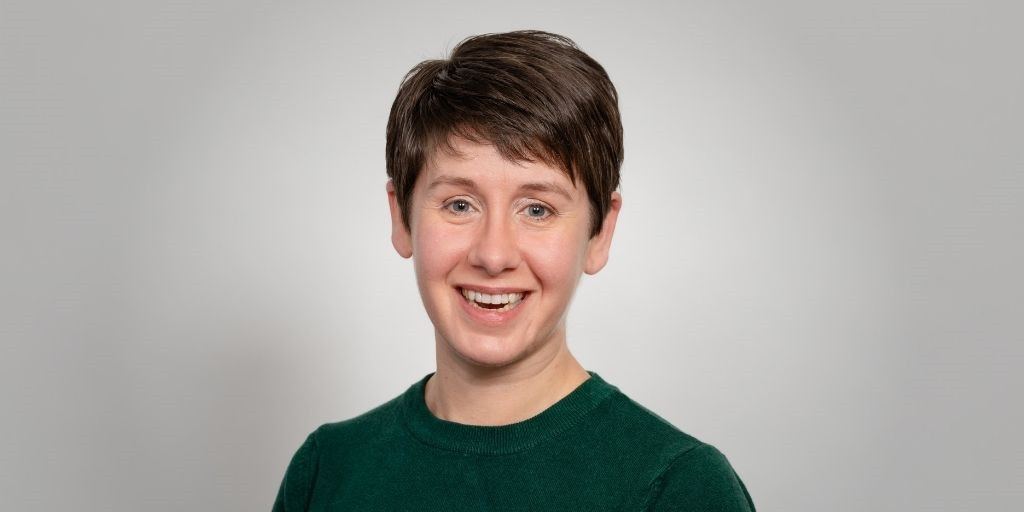11/04/2016

People don’t like to think about making a will, but you never know what’s around the corner; you may live to be 100, but sometimes people’s lives are cut tragically short.
Dying without a will means your estate will take longer to finalise, which is not what your loved ones need to be dealing with at such a stressful and emotional time. Providing you’re over 18, you can draw up your will anytime and it ensures your final wishes are made clear and are legally recognised.
Be aware of advisers that are unregulated, uninsured and untrained though. There’s no law surrounding will drafting so anyone can hold themselves out as an expert and if you choose to use an unregulated will writer, you risk leaving your loved ones in a legal minefield.
Doing it yourself online can be equally as problematic. Your will needs to be expressed in a way that’s legally watertight and internet wills don’t take into account the complexities of the law. People drafting a will in this way often learn, to their family’s cost, things are never as straight forward as they appear.
If you already have a will and you’re planning on tying the knot, you should change it to reflect your new circumstances. Getting married automatically invalidates your existing will and if it’s not updated and you die, you’ll die intestate, leaving a painful, and potentially costly, legacy for your other half.
The same goes for anyone separating. While divorce rates are generally falling, the number of over 50s splitting up is actually rising. There’s a variety of reasons behind the trend of so-called ‘silver splitters’ but what’s important to remember here is to make sure your will is up to date.
If you’re estranged from your husband or wife and have entered into a new relationship with someone else, it doesn’t matter if you live together; if you’re not married or in a civil partnership, you’re new partner isn’t legally entitled to anything if you die. If you already have a will which you haven’t changed and you die, your ex will be the main beneficiary as, technically, you’re still married.
If you want to talk to someone about drafting your will, we offer a free, no obligation consultation to help you understand the legal requirements of administering your estate. You can make an appointment by calling our main Manchester office on 01204 399 299 or our Chester office on 01244 405 700.
Please note that this article is meant as general guidance and not intended as legal or professional advice. Updates to the law may have changed since this article was published.

